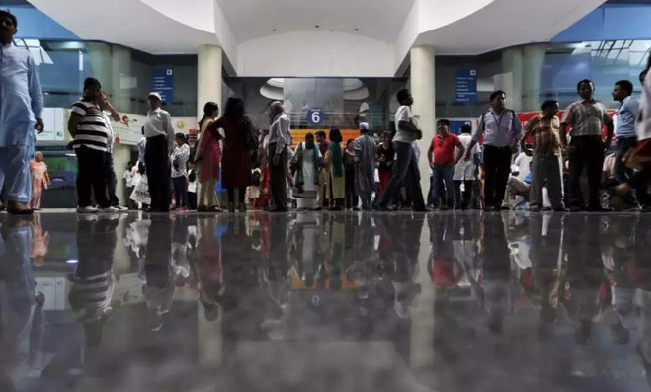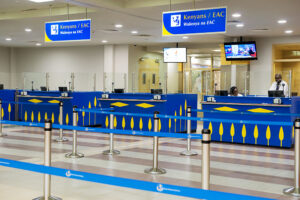Kenyan patients traveling to India for medical treatment are facing an increasing crisis as many hospitals there are rejecting payments made through the National Hospital Insurance Fund (NHIF).
The issue stems from NHIF’s growing debt, which has left hospitals hesitant to accept its coverage.
This has left numerous patients stranded and struggling to meet their medical costs, many of whom had relied on NHIF to cover a significant portion of their expenses.
India is a major destination for Kenyans seeking specialized medical care, with cancer treatment, cardiovascular surgeries, and organ transplants being among the most common procedures.
For years, NHIF has played a pivotal role in easing the financial burden of these treatments, but its mounting debts are jeopardizing this support.
According to reports, NHIF owes hospitals approximately KSh 20 billion, which has led some Indian facilities to outright refuse to accept NHIF cards.
This has left patients in dire straits, forcing them to pay out of pocket or forego essential treatments.
This situation is especially tragic for patients who had traveled with the assumption that their NHIF coverage would be accepted, only to discover upon arrival that they would have to cover their entire bills in cash.
With many patients already spending substantial amounts on travel and accommodation, the sudden realization that NHIF won’t cover their costs adds an unbearable financial burden.
Back in Kenya, NHIF’s financial woes have also led to widespread rejections of its cards in local hospitals.
Many healthcare providers are no longer offering services under NHIF due to delayed payments, further highlighting the fund’s struggles to remain solvent.
The Kenyan government and the National Treasury have been urged to address the financial shortfall to prevent more patients from suffering.
Unfortunately, despite numerous pleas, there is little indication that a solution is far from over.
The political class has largely remained silent, leaving thousands of Kenyans both at home and abroad to fend for themselves.
This ongoing issue raises critical questions about the future of NHIF and whether it can continue to fulfill its mandate of providing affordable healthcare to Kenyan citizens.
If the debt crisis persists, many more patients might find themselves in the same predicament, both in India and in Kenya.





















Add Comment